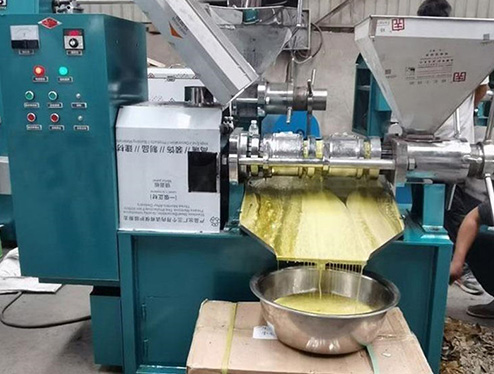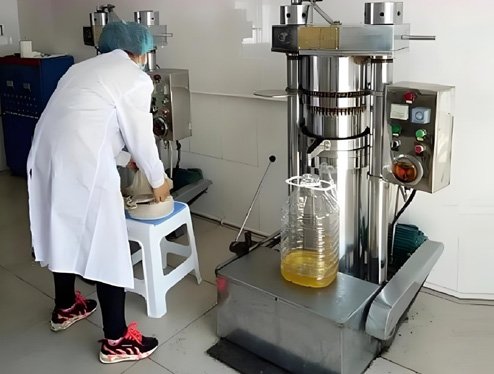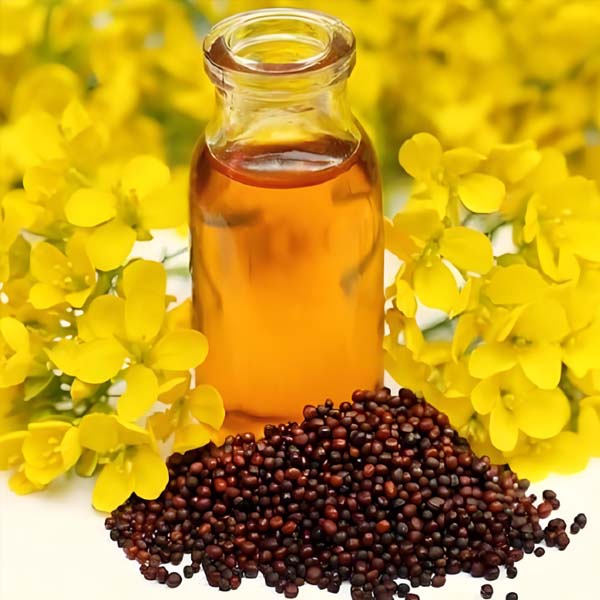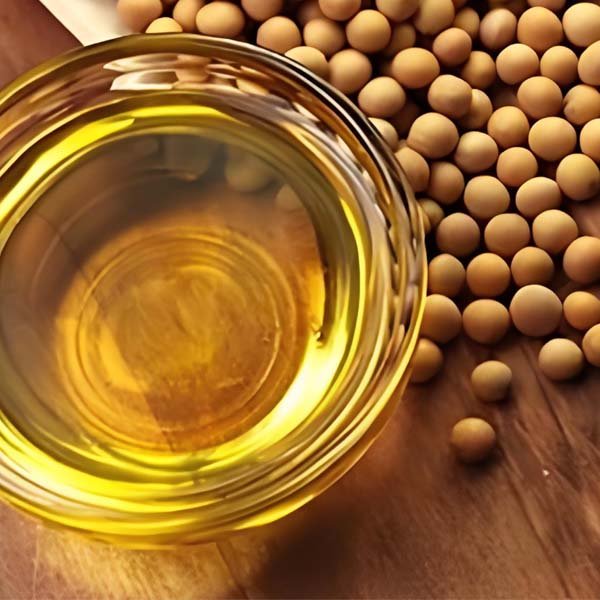What is the production efficiency of hydraulic oil press and spiral oil press
Hydraulic oil press and screw oil press each have their own characteristics in terms of production efficiency. The following is a detailed comparison of their production efficiency:


Production efficiency of hydraulic oil press
- Intermittent work: The working process of hydraulic oil press is intermittent. After each pressing is completed, the bran cake needs to be taken out and refilled, which to some extent limits its continuous production capacity.
- Oil yield and raw material quality: The hydraulic oil press has a high oil yield for high oil content oilseeds, but for some conventional oilseeds such as soybeans, peanuts, etc., the oil yield may be relatively low for direct cold pressing. The quality of raw materials can also affect production efficiency, and high-quality raw materials can usually improve oil yield and production efficiency.
- Automation level: Although hydraulic oil presses have a high degree of automation, the intermittent working mode may increase the waiting time for operators, thereby affecting overall production efficiency.
Production efficiency of spiral oil press
- Continuous production: Spiral oil press can continuously feed and discharge oil, with high production efficiency. This is due to the continuous mechanical pressure applied to the raw materials by its rotating spiral shaft, which enables the oil to be continuously pressed and released.
- Oil yield and processing capacity: Spiral oil presses typically have high oil yield and processing capacity, making them suitable for medium to large-scale production. This gives it a clear advantage in commercial production.
- Operation and maintenance: The operation of the spiral oil press is relatively simple, and the maintenance cost is also low. This enables it to maintain high production efficiency and reduce operating costs in long-term use.
general comparison
- Small scale production: For small-scale production or occasions where oil quality and nutrient retention are important, hydraulic oil presses may be a better choice. Although its production efficiency is relatively low, it can effectively preserve the nutritional components and flavor of the oil.
- Large scale production: For situations where large-scale production or high output is pursued, spiral oil presses have more advantages. Its continuous production and high oil yield significantly improve production efficiency, making it suitable for commercial production needs.
In summary, hydraulic oil presses and screw oil presses each have their own characteristics in terms of production efficiency. When making a choice, it is necessary to consider comprehensively based on one’s actual needs, production scale, and budget. If you pay attention to oil quality and nutrient retention, and have a small production scale, you can choose a hydraulic oil press; If pursuing high output and commercial production demand, a spiral oil press may be more suitable.


 Oil Press Equipment and Oil Refining Machinery for Sale – Start Your Oil Press Business
Oil Press Equipment and Oil Refining Machinery for Sale – Start Your Oil Press Business